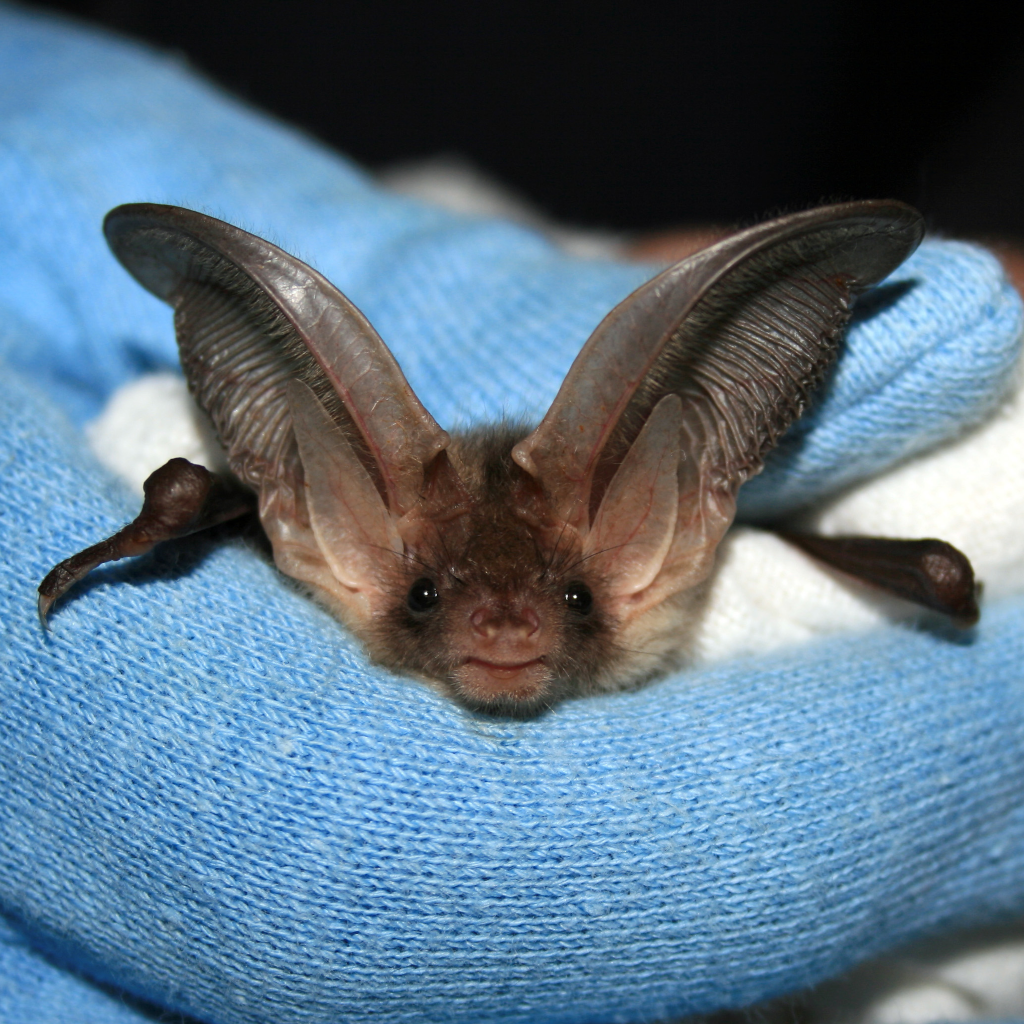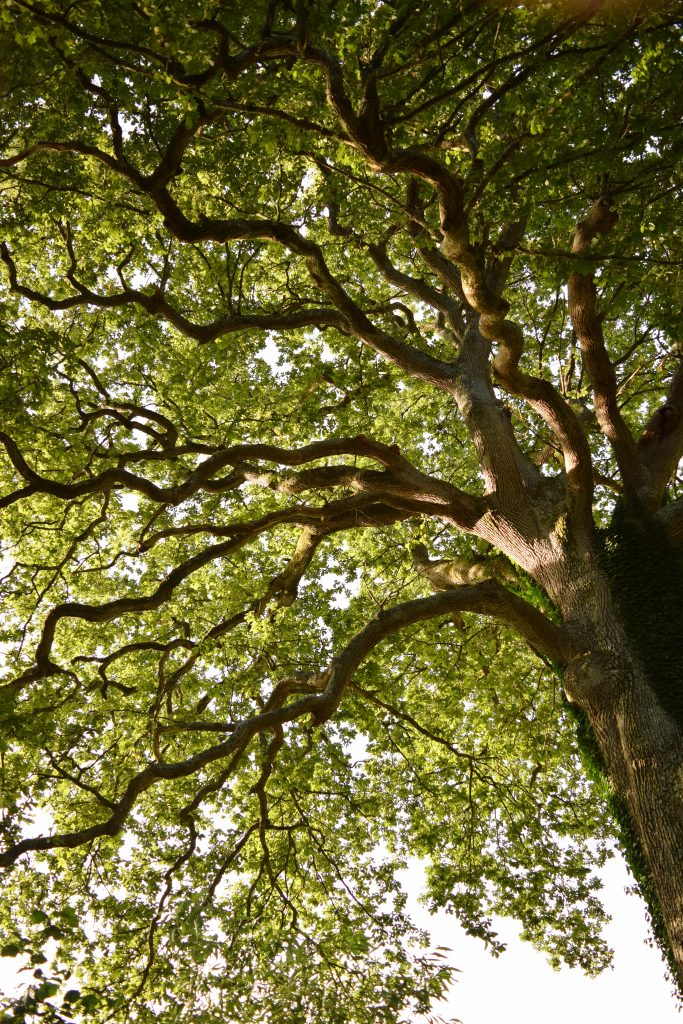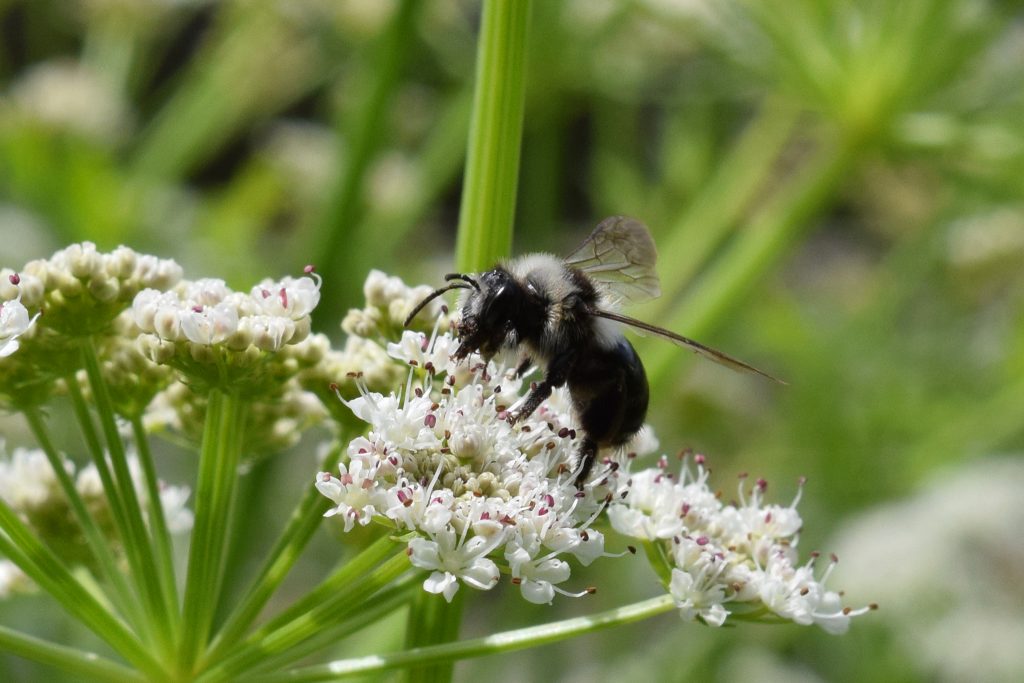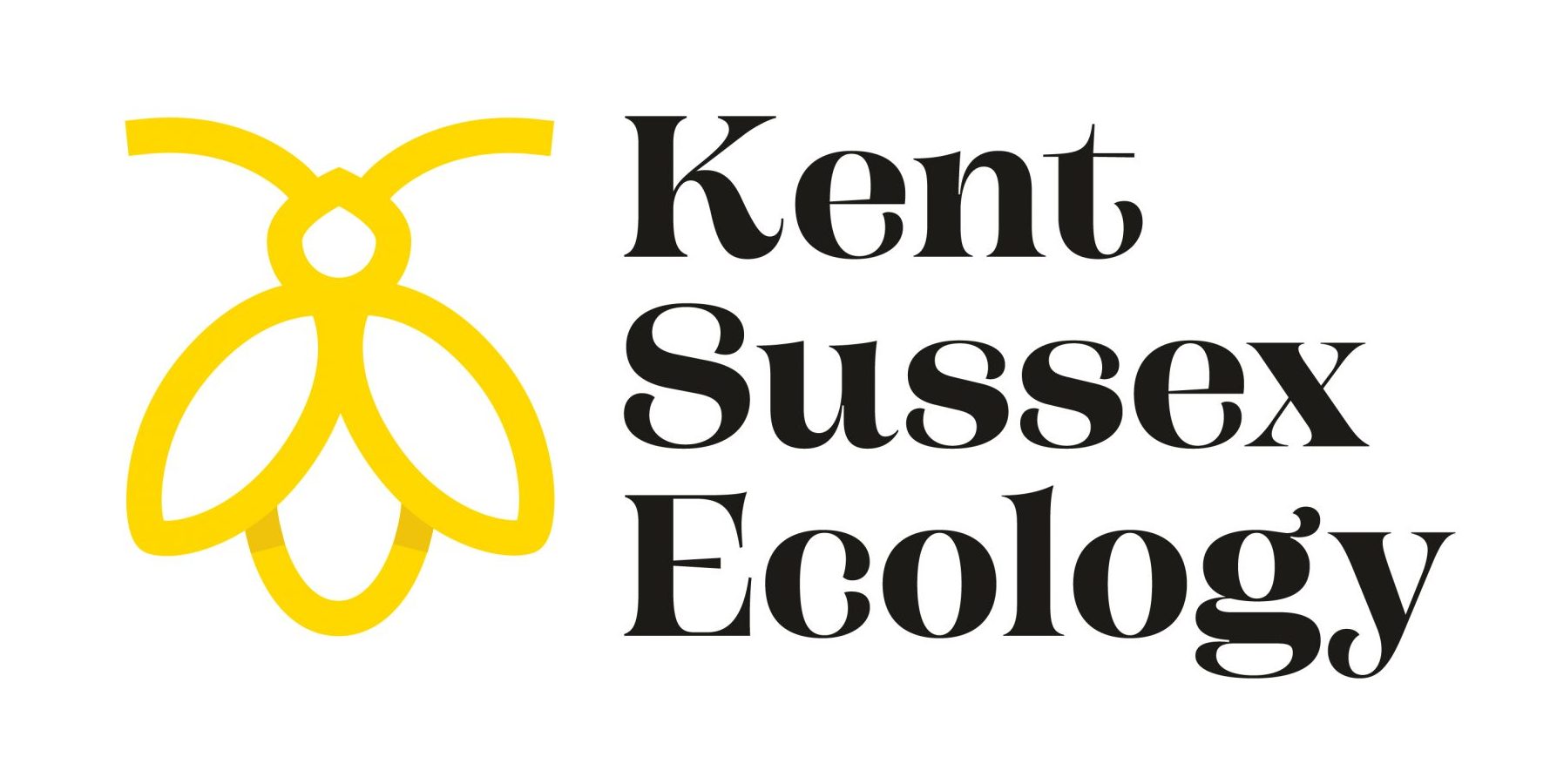
Ecological Surveys
Looking for an ecological assessment for your development site? Our qualified and licensed ecologists have the experience and knowledge to complete any type of ecological survey. We understand what methods are needed to make an accurate ecological assessment, what mitigation/compensation measures are appropriate and how to present survey results to the local planning authority.
Many planning applications require a Preliminary Ecological Appraisal or an Ecological Impact Assessment. This includes the initial assessment of your site's ecology and the potential ecological impacts your development may have. Preliminary Roost Assessments (PRA) for bats are also a commonly requested survey for developments that impact buildings or large trees.
For some sites and development proposals, further surveys are required. These usually take the form of protected species surveys and can focus on species, or groups of species, such as reptiles and bats. We can identify the protected species associated with your site and provide you with all the information and measures to progress your planning application, keeping you legally compliant and safeguarding protected species.
Mitigation Delivery
If ecology surveys identify a need for protected species mitigation, we are able to produce and deliver an appropriate mitigation strategy. Mitigation can range from simple pre-works talks with contractors to the licensed measures for certain species. Our knowledge and experience of protected species mitigation entails a cost-effective solution whilst ensuring the highest degree of ecological integrity and legal compliance during every stage.
Biodiversity Net Gain
Schedule 7A of the Town and Country Planning Act 1990 (as inserted by Schedule 14 of the Environment Act 2021) requires most new developments to deliver a biodiversity net gain (BNG). Kent Sussex Ecology specialises in completing the net gain metrics to accurately assess an area for its biodiversity value, establishing the development's impact and adherence to the legal obligations of the legislation.
Our consultancy is well versed in these surveys and producing the subsequent assessment reports, which means your application progresses efficiently and effectively. Of course, not all developments can achieve gains for biodiversity on-site and some developments will require off-site measures to achieve a net gain. Our understanding of the process and local connections means your project's BNG delivery will be achieved.
We are also able to ensure your development implements effect enhancement measures, such as the implementation of a native species planting schedule, a sensitive lighting plan and the provision of bird boxes for declining species.


Other Services
We are to conduct specialist invertebrate surveys with highly experienced ecologists. Such projects have included data collection for the formation of National Nature Reserves, while others have included comprehensive surveys for national infrastructure projects.
If invasive species are identified on your site, such as the commonly found Schedule 9 Rhododendron ponticum, Japanese Knotweed and Cotoneaster horizontalis, we can produce the necessary plan for eradication. Under Schedule 9 of the Wildlife and Countryside Act (1981), it is illegal to knowingly plant or allow the spread of certain non-native species due to their invasive nature. As such, there may be a need to control and remove an invasive species on your site during the construction phase of your development.

